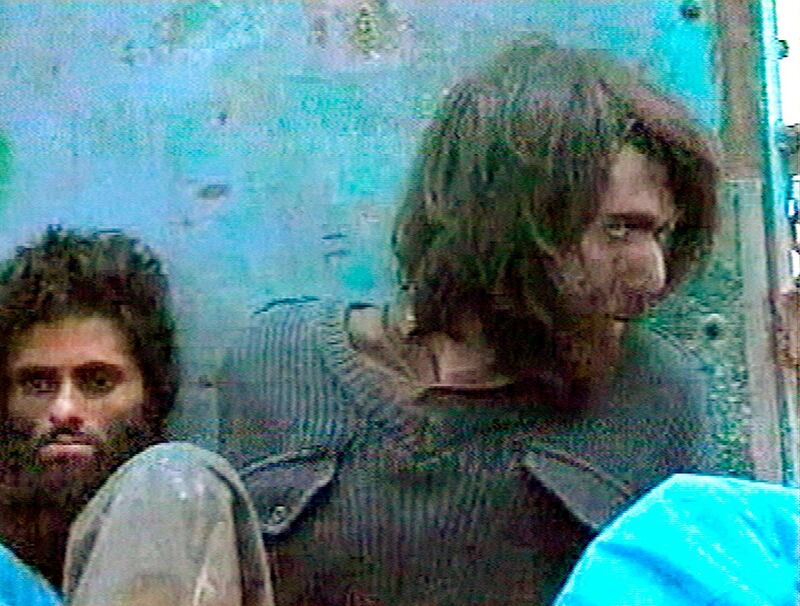I refer to your editorial Terror case epitomises a more global problem (July 8). The story of John Walker Lindh resembles the life of many others who are either forced or brainwashed into joining extremist groups without grasping the end results of their involvement. Like him, many might have been targeted to join networks extremists using social media. Even though Walker Lindh has now been released after several years in prison, he remains a concern to authorities unless he can start afresh. This is the core issue to stop many following their pathway for mere benefits. They should not be treated like other prisoners of their countries. We need them to realise they do not need to spoil their lives and those of others who depend on them. They must get proper psychological advice to redirect them into a normal life.
Ramachandran Nair, Muscat
Military rule has been highly problematic in Africa
I write in reference to your article US Africa envoy warns of 'spoilers' to Sudan peace process (July 9). Armed forces in many countries of Africa, Asia and Latin America are quick to pounce upon civilian governments with seemingly sincere motives but once entrenched in the corridors of power, refuse to leave, often resulting in civil war and domestic upheaval. In the end, the people lose out most from this wanton destruction.
Nazim Hasan Khan, India
The honesty of taxi drivers is laudable and inspiring
I write in reference to your article Found in a Dubai taxi: gold bars and Dh165,000 in cash (July 8). Since the flow of international tourists to Dubai has risen markedly, many more passengers leave their belongings in Dubai taxis, leaving conscientious drivers to hand over the articles to the authorities. This year more than 7,000 items have been found in Dubai taxis – an extraordinary number indeed. Of course, large amounts of cash and gold bars are an anomaly but this is a newsworthy manifestation of a larger trend. Taxi drivers are honest and many are rewarded as a result, which is laudable. Today, honesty has become a rare commodity and the honesty of these drivers is inspiring.
K Ragavan, Bengaluru
Medical research centre befits the legacy of Sheikh Zayed
I write in reference to your article UAE-funded medical research centre opens in London (July 9). This is truly excellent work in the name of the UAE Founding Father, Sheikh Zayed, who always acted with the fate of future generations in mind and did much to inspire and support the youth.
Name withheld by request





